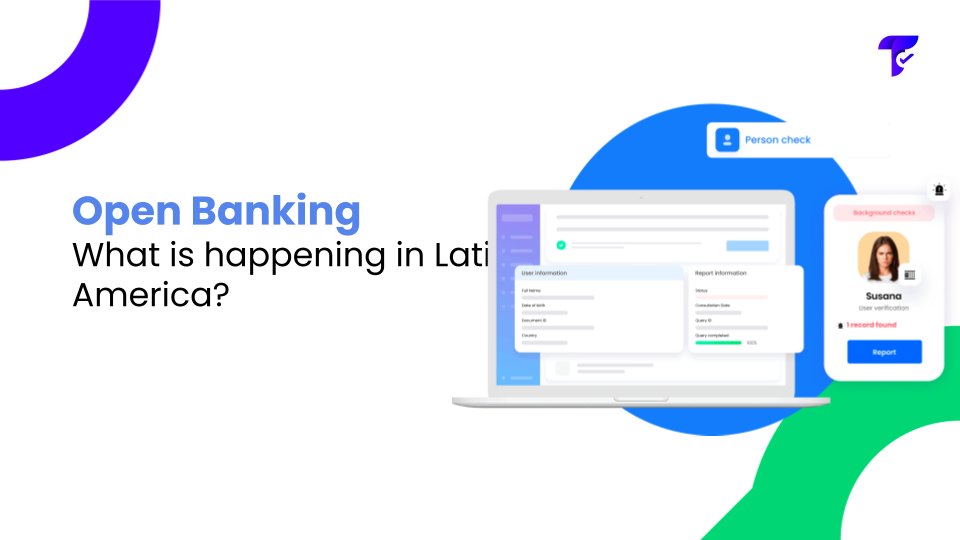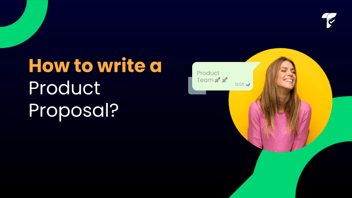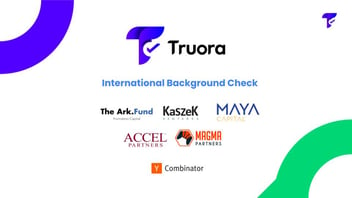In this article you will find:
Fintechs, users and governments would win. Why isn’t this a thing yet?
Handling money is not an easy task. We know the feeling far too well: the more bank accounts, credit and debit cards and more obligations, the more complex it gets to keep up with it all. In fact, if we take a look to our liquidity a couple years back, it sure looks like it’s getting lower and lower as years go by even as income stays the same or even grows
So, what if it was possible to get some assistance? Imagine being able to share your information on obligations, accounts and income (without putting your money at risk, of course) with a renowned firm and start getting suggestions from experts who help you get the most bang for your buck with the market opportunities as well as avoiding spending money in unnecessary stuff. That’s just one of Open banking promises.
How about if, with just a couple clicks, you could see which ones are the best rates available in the market to get rid of those credit card debts or to access housing or study loans in a matter of hours instead of weeks?
So, if all of this is possible, Why is it not happening? There are several factors: safety, technology, legal framework and, above all, incentives.
Safety
Safety is clearly the most compelling argument. The key element for open banking is trust. Users are going to share their financial information and it is paramount to ensure it’s protected . Since fraud in Latin America has skyrocketed, safety becomes a challenge.
Technology
Technology is an obstacle, rather easy to overcome, though. The financial services, and special the open banking, requires huge amounts of information to be available and be compatible among different systems. To achieve this, those agencies must have APIs, which basically allow authorized systems to safely access their stored information.
Regulation
Regulation is another problem. The finance system in Latin America is not entirely caught up in this aspect. There is no regulatory framework for all countries in the region due to the slow pace governments move at, the more so regarding the fintech sector. Good news is there are big breakthroughs in Brazil and Mexico as well. The latter recently approved the so-called Fintech Law, which forces financial agencies to establish standardized application APIs enabling connectivity and third-party access to their customer data.
Incentives
We finally get to the main reason why the open banking project is not a reality in Colombia and Latin America.
The biggest financial agencies are out of touch with the consumer. In fact, they have a shady incentive to ensnare and delay the project for as long as possible. Why? Acquiring a customer is hard, let alone making them loyal. Open banking increases the risk of having customers run to a competitor, since entry walls are eroded y quite literally opens the gates for new players like fintechs, neobanks, and even retailers to go after their customers. But wait!
We’re not judging the banking sector or labeling them as bad sports per se. If we get into their shoes, faced with a decision between risking clients by acting or keeping them by staying idle, we would stand still for as long as possible.
The problem is the inaction harms the customer. They would receive varied products, financial education, better credit rates, and it also increases the fintech ecosystem dynamism, since it benefits the small and fast-moving startup. Ask any fintech founder how they feel about the regulation and their response is unanimous: “I just can’t wait any longer”.
In a world where change is unavoidable, the industry experts understand this risk as a calculated risk. “The open banking model offers banks the opportunity to keep and even grow their customer base by allowing third-party services into their portfolio to customize and make their value proposal unique” in the words of Anirban Bose, international head of Capgemini banking and capital markets. “Banks that decide not to embrace open banking strategically and position themselves accordingly are at risk of losing their role as middlemen for the customer”. So heads up.
Forecast
To wrap this up, I’m finishing with a forecast of a rather obvious scenario, a likely one, and also a shocking one.
Obvious: Open finance is inevitable, I bet there are many teams out there making it a thing as we speak regardless of all previously stated problems.
Likely: Great teams will soon hit the headlines with the technology breakthrough to share our financial information freely and risk-free.
Shocking: I also forecast that big financial agencies in Colombia and Latin America are going to understand open banking is a force of nature and, as the old saying goes: if you can’t beat them, join them. Their best strategy will be for one or several banks to join forces with fast-growing startups to make this project a reality.
The competition between companies starts, may the best one win. For the consumer, the conclusion is obvious: He’s already a winner.
what is open banking?
Startup of the week
Going along the open banking line, I’d like to introduce to you one of those great teams making open banking a reality as the startup of the week.
Who is it?
What do they do?
Their technology is a set of APIs to connect big companies and startups with big financial agencies.
Who are their founders?
Ximena Aleman, Rodrigo Tumaian y Eduardo Veiga
Why is it cool?
Because they literally replicate the open banking concept and have an excellent technical team. If they get to conquer the region, the fintech sector in Latin America will be stronger and the consumer will be happier thanks to them.






